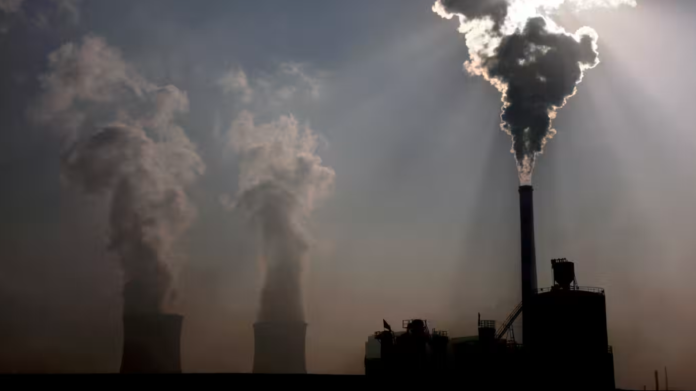Coping with the aftermath of catastrophic fires and floods requires difficult choices, according to European Economy Commissioner Paolo Gentiloni.
However, the biggest risk that EU countries face is that they do “too little and too late.”
This Sunday, the European Commission will launch another ground-breaking measure that will eventually extend the same pricing principles to all carbon-intensive products sold on the EU market, wherever in the world they are produced.
The new Carbon Boundary Adjustment Mechanism (CBAM) has two objectives: to incentivise industry worldwide to use cleaner technologies; and to prevent so-called carbon leakage, or the transfer of production outside EU borders to countries with lower environmental standards.
The Commissioner notes that CBAM, which is fully compatible with World Trade Organisation rules, is not about protecting trade, but about protecting the EU’s climate ambitions.
The EU is implementing CBAM in a gradual and predictable manner. During the transition phase, which will last until the end of 2025, EU importers of CBAM goods – steel and iron, aluminium, cement, hydrogen, fertiliser and electricity – from non-EU countries will only need to provide data on the carbon intensity of their products.
Then, from 2026 onwards, companies will start buying and surrendering CBAM certificates depending on the carbon footprint of their imports.
For eligible sectors, CBAM payments will be introduced in parallel with the planned phase-out of free allowances currently available under the ETS. The Emissions Trading System ensures equal treatment between non-EU and EU producers.
The European Commission has provided the industry with extensive guidance on how CBAM will work during the transition phase.
“We will maintain a close and constructive dialogue with businesses, other stakeholders and trading partners during this period. In mid-2025 we will draw the lessons of this period and use the information gathered to refine the framework before CBAM payments begin, looking in particular at its impact on EU exports and its likely extension to more sectors.”
Through the EU Innovation Fund, supported by the phase-out of free ETS quotas, the Commission is going to provide financial support to help EU companies in sectors covered by CBAM in their decarbonisation efforts.
I want to reassure non-EU companies that we will never ask more of them than we do of EU producers.
Carbon prices already paid in the country of production can be deducted from the CBAM payment. If the carbon price is higher than the EU ETS price, it will not be invoiced.
“We have seen that our plans to introduce CBAM have already been a catalyst for countries in the G20 and beyond to step up their own work on carbon pricing.”
The Commissioner notes that any effective decarbonisation efforts will reduce import costs. The EU is committed to working hand in hand with businesses in the bloc and beyond, as well as with governments around the world, to ensure the effectiveness of the new climate measure.
Because the battle to save our planet from disaster will be won globally, or not at all.
